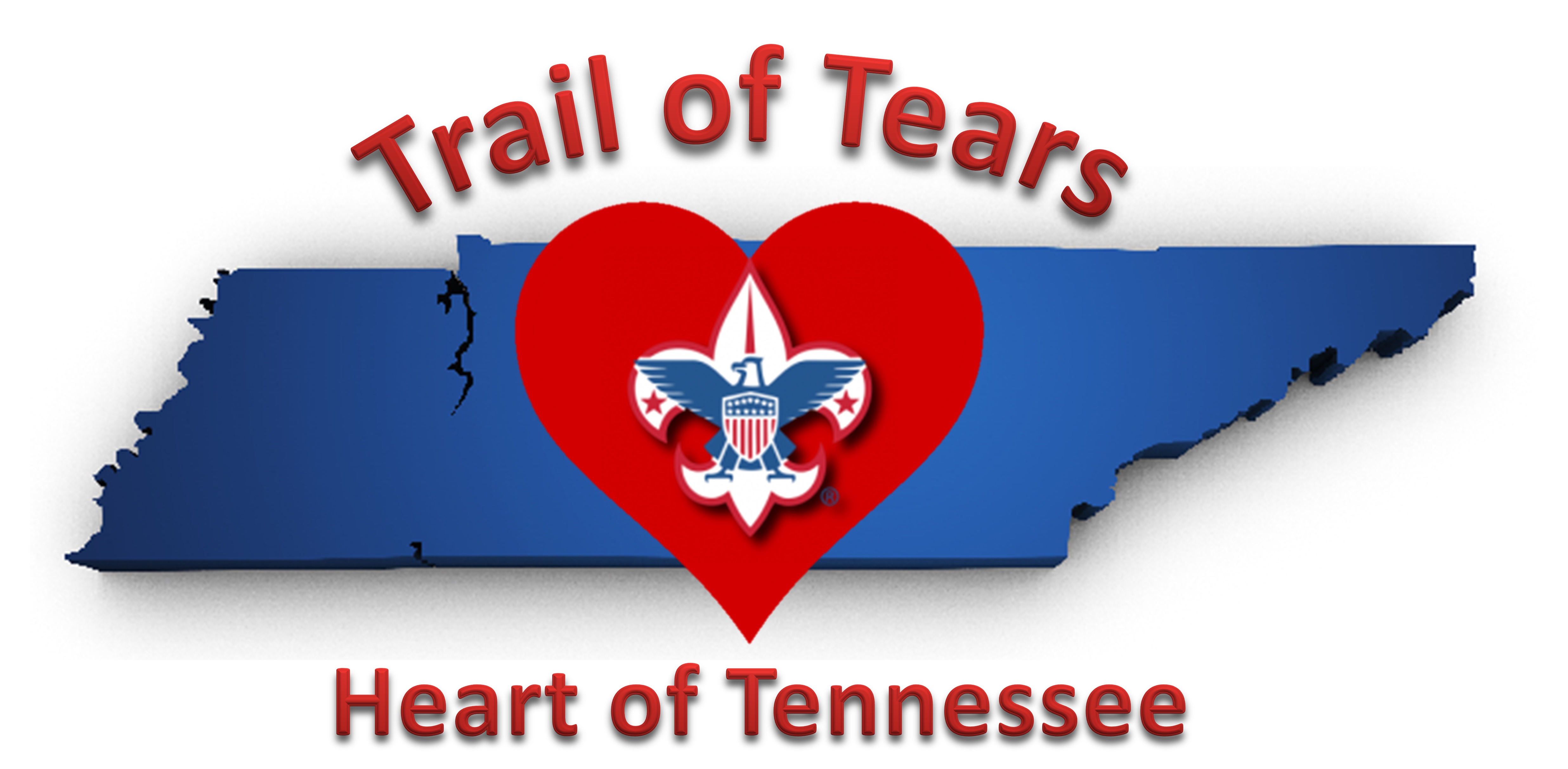
One of the most important things you can do to stay healthy during a pandemic is to wash your hands on a regular basis.
But what if you don’t have reliable access to clean, running water?
That was a problem for some elderly members of the Navajo and Hopi communities near Glendale. Then Alex Palomo, from Troop 526 in Glendale, Ariz., came to help.
Using a design developed by Red Feather, a charity that partners with American Indian nations to develop sustainable solutions to their housing needs, Alex collected materials and led a team of volunteers in constructing more than 50 handwashing stations.
“The Navajo and Hopi Nations have barely enough running water on their reservations,” Alex says. “By making these hand washing stations, it would help prevent the spread of COVID-19 and improve hygiene.”
Palomo’s handwashing stations used either trash cans or barrels, with a simple combination of PVC, tubing and a foot pump. Required basic tools include power drills, hole saws, PVC cutting tools, screwdrivers and wrenches. Plumbing tools include plumber’s tape, water-resistant adhesive and PVC cement.
Add a spigot and a drain, and you’ve got yourself a safe, clean handwashing system. (Click here for a Red Feather-approved set of instructions to build your own handwashing system.)
Alex worked with Red Feather to procure many of the materials. The ideal method of building 50 stations would be to get everyone together in an assembly line. But due to COVID restriction, Alex decided to have everyone work separately without sharing any parts. It took three separate “build days,” but eventually it got done.
Every station has been distributed to locations in the Navajo and Hopi nations in remote areas around the communities of Chinle, Tuba City, Kykotsmovi, Bacavi and Indian Wells.
“These reservations were greatly impacted by the Covid-19 pandemic,” Alex says. “I was thinking it would be a great thing to do to help the ones in need.”
Photos Courtesy of Alex Palomo.
Powered by WPeMatico


